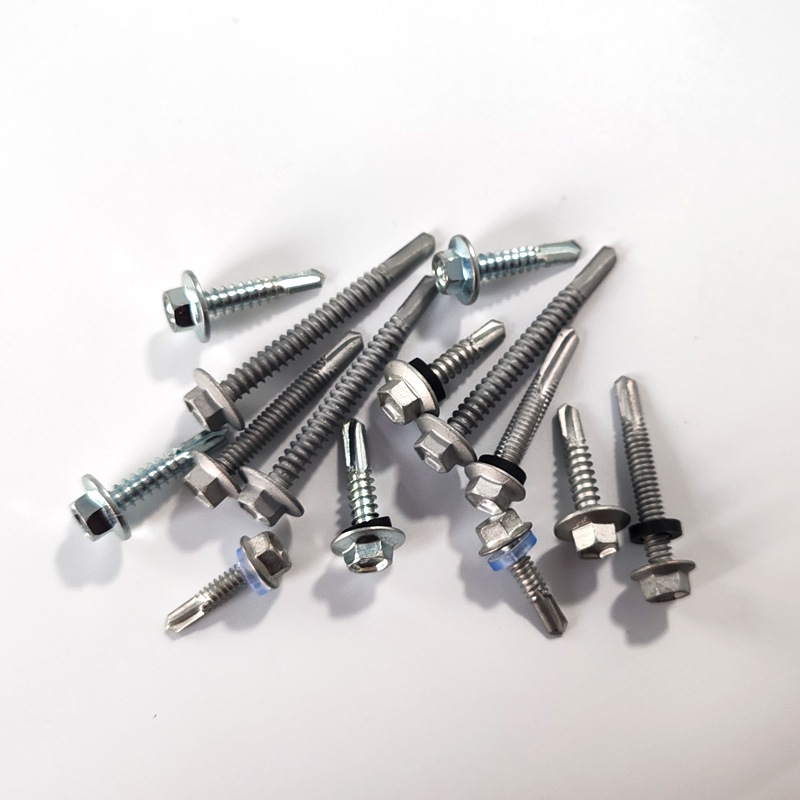Exploring the Impact of Metric Wedge Anchors on Structural Stability and Performance
Understanding Metric Wedge Anchors An Essential Component for Structural Integrity
In the realm of construction and engineering, the importance of robust anchoring systems cannot be overstated. One such vital system is the metric wedge anchor, a versatile component used to secure structures to concrete. These anchors have gained popularity due to their strength, reliability, and ease of installation, making them an essential tool for engineers and contractors alike.
What are Metric Wedge Anchors?
Metric wedge anchors are a type of mechanical anchor designed for use in solid concrete. They consist of a threaded bolt with a conical end, which is inserted into a pre-drilled hole in concrete. When the bolt is tightened, the conical end expands a wedge-shaped sleeve, anchoring the bolt securely to the concrete. This mechanism provides a strong grip, ensuring that the anchor maintains its hold even under heavy loads and stresses.
Advantages of Metric Wedge Anchors
1. Strength and Load Capacity One of the primary benefits of wedge anchors is their high load capacity. They are available in various sizes, allowing for a range of applications, from securing light fixtures to heavy machinery. The design maximizes surface contact, distributing loads effectively and reducing the risk of anchor failure.
2. Ease of Installation Installing metric wedge anchors is a straightforward process. With the right tools, contractors can drill the appropriate hole, insert the anchor, and tighten it quickly, minimizing labor time and increasing efficiency on the job site. This ease of installation is particularly beneficial in projects requiring multiple anchors.
3. Corrosion Resistance Many metric wedge anchors are coated with materials that provide resistance to corrosion, making them suitable for outdoor and marine applications. This durability ensures that the anchors maintain their strength over time, even when exposed to harsh environmental conditions.
metric wedge anchors

4. Versatility Metric wedge anchors are versatile and can be used in various applications, including residential, commercial, and industrial settings. They can secure structural elements like beams, columns, and trusses, as well as fixtures such as handrails and shelving.
Applications of Metric Wedge Anchors
Due to their reliability and performance, metric wedge anchors are employed across numerous industries. In construction, they are commonly used to secure steel beams and columns. In the manufacturing sector, they can fasten equipment and machinery to concrete floors, ensuring stability during operation. Additionally, in the landscaping and outdoor construction, they are utilized to anchor fences, signposts, and light fixtures.
Choose the Right Metric Wedge Anchor
Selecting the appropriate metric wedge anchor for specific projects necessitates careful consideration of various factors, including the load requirements, the environmental conditions, and the quality of the concrete. Engineers and contractors must ensure they choose anchors that meet the specifications for their intended use to guarantee safety and reliability.
Conclusion
In summary, metric wedge anchors play a crucial role in construction and engineering by providing a secure method of attachment to concrete. Their strength, ease of installation, versatility, and corrosion resistance make them an ideal choice for a wide range of applications. As construction methods evolve, the need for reliable anchoring solutions like metric wedge anchors will remain vital to maintaining structural integrity and safety. By understanding their features and applications, professionals can better utilize these tools to enhance the quality and longevity of their projects.
-
Weatherproof Plastic Expansion Anchors for OutdoorNewsJun.06,2025
-
Sustainability in the Supply Chain: Eco-Friendly TEK Screws ProductionNewsJun.06,2025
-
Load-Bearing Capacity of External Insulation FixingsNewsJun.06,2025
-
Double Head Bolts: Enhancing Efficiency in Industrial MachineryNewsJun.06,2025
-
Corrosion Resistance in Chipboard Screws: Coatings for Wholesale DurabilityNewsJun.06,2025
-
Butterfly Toggle Bolts : Enhancing Structural ResilienceNewsJun.06,2025
